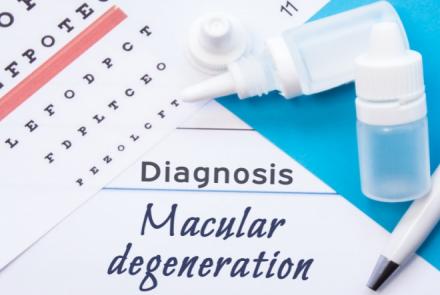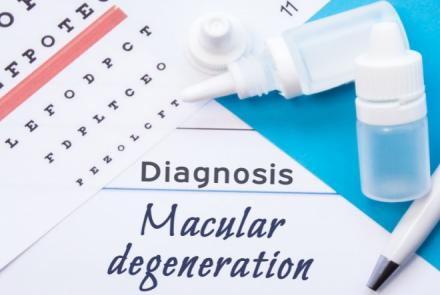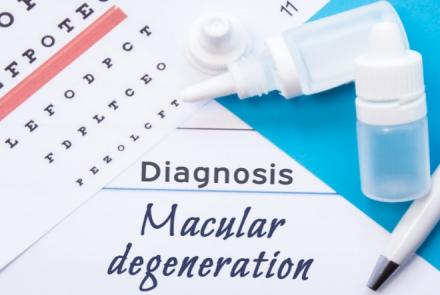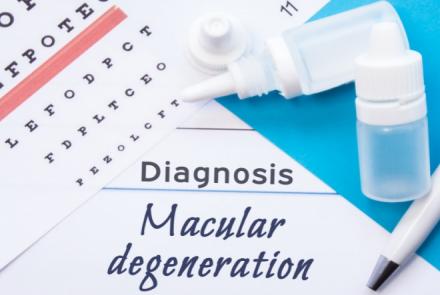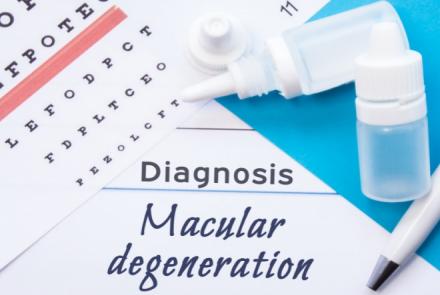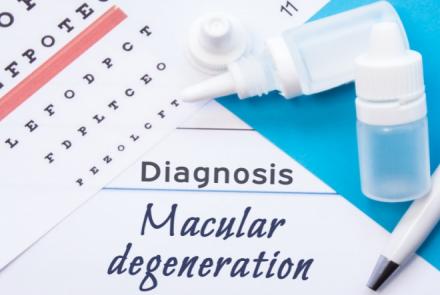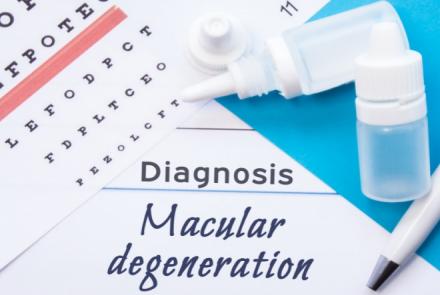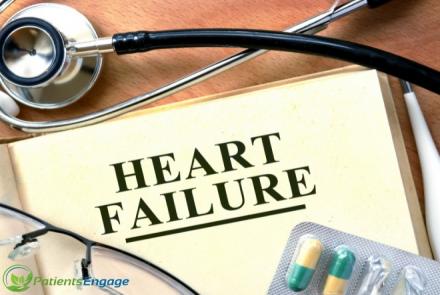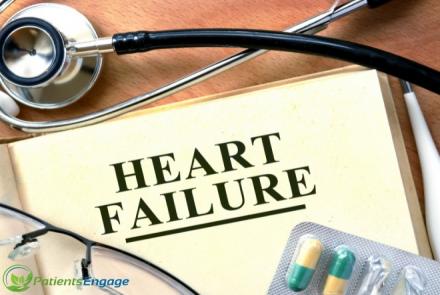How can AMD be managed?
Regular eye-exams and follow ups are crucial.
If the vision gain in therapy is not enough or low, or if therapy is not possible, persons with AMD are guided to low vision aids which improve the visual perception both for reading as well as mobility. These aids range from simple wearable glass mounted magnifying lenses to wearable camera related GPS enabled gadgets.
Surgically implantable devices are also in advanced stages of investigation and are expected to find…
Latest Stories
- There is no well accepted therapy for dry form of Age related Macular Degeneration. The wet form of AMD or ARMD was earlier treated commonly with lasers or photodynamic therapy but today intraocular injections are the most successfully employed therapy. Anti-VEGF (Anti-vascular endothelial growth factor) group of agents are typically utilised for this, and if injected timely, have gratifying response both in terms of vision and OCT (Optical coherence tomography) changes. The eye injection is an…
- There are different tests to diagnose AMD Ocular examination This is the gold standard for diagnosis, where the ophthalmologist evaluates the retina after dilating the pupils to look for signs of dry or wet AMD or ARMD. Optical coherence tomography (OCT) is a very simple and useful test that is frequently employed to confirm the findings and also guide therapy. It provides the clinician an “optical biopsy”, allowing him to understand the structural damage to the individual layers…
- Age related Macular Degeneration (AMD or ARMD) is most commonly classified as dry or wet form. The dry form passes through early and intermediate stages before reaching the advanced stages. It is characterised by deposition of drusen, which happens due to wear and tear related to ageing and reflects by products of general metabolism of the eye. These deposits are clinical evidence of damage the retinal pigment epithelium (RPE) layer of the retina, whose primary function is to nourish the…
- Symptoms of AMD Age related Macular Degeneration (AMD or ARMD) frequently involves both eyes. Since the degeneration predominantly involves the central retina also called as macula, the disease can result in significant symptoms. Early or less harming forms of disease result in blurring of vision for both distance and near. As the disease progresses towards stages of atrophy and scarring there can be severe loss of vision, necessitating visual aids. In advanced stages, patients often complain…
- Risk Factors of Age-related Macular Degeneration Age is the most important risk factor for Age-related Macular Degeneration (AMD or ARMD). The risk increases multiple folds in age above 70 years. Other risk factors include smoking, genetic susceptibility and family history. Cardiac illness and hypertension are also considered as important risk factors of Age related Macular Degeneration. Contributed by Dr Brijesh Takkar CRTP Fellow, IHOPE Consultant Ophthalmologist, Vitreo Retinal…
- What Is Age related Macular Degeneration There is a population shift towards older age worldwide, and even in India around 180 million individuals are estimated to be at or above 60 years by 2026. As per the national survey conducted in India, 5% of blindness in the older population is caused by retinal diseases, of which age-related macular degeneration (AMD or ARMD) is a common cause. AMD, a condition that affects the central vision of a person, is an acquired cause of retinal…
- Heart failure can be avoided by working on lifestyle changes and decreasing your risk factors if any: Regular exercise is a must. 5 days or 150 hours of cardiovascular exercises per week is the recommended goal to stay physically active. Maintain optimal body weight. If you are overweight or obese, lose the excess pounds. Eat healthy foods such as vegetables, fruits, lean meats, fish etc. Avoid processed, packaged and preserved foods. Stop smoking and use of other tobacco products to reduce…
- What lifestyle changes does one need to make after implantation of cardiac devices? How can people reduce their risk for HF? All patients with heart failure should restrict their salt and fluid intake. They should stop smoking, alcohol and other illicit drugs. They should control their other co-morbidities like blood pressure, diabetes and cholesterol. They should regularly monitor their weight, blood pressure and heart beats and should regularly consult their physician. Patients with AICDs or…

